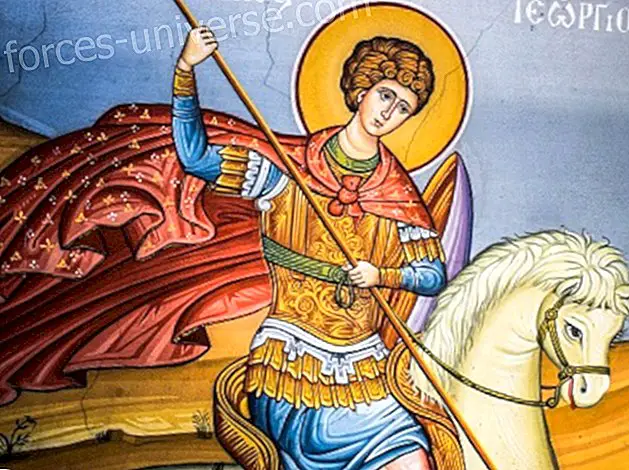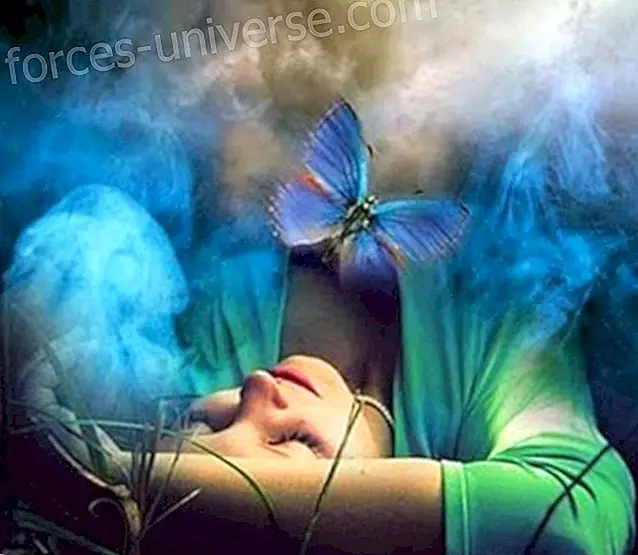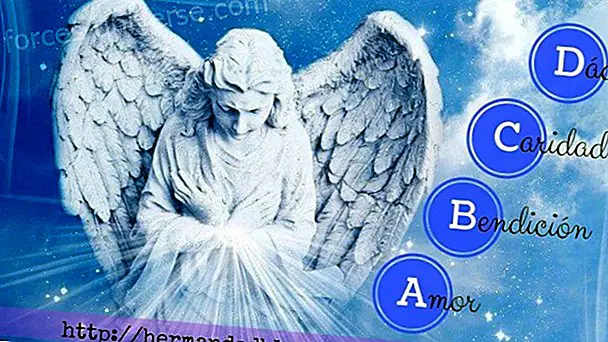
In Traditional Chinese Medicine, and also in other alternative therapies, the relationship between teeth and emotions is more than demonstrated. The teeth reflect how we live and manage daily tensions and are carriers of our vitality.
When our teeth get sick they tell us about fears and emotions. When we dream that we lose our teeth it means that we are losing a part of our energy and vitality.
The teeth are the representation of our inner world, through them you can decipher many things about: our experiences, how we assimilate emotions, what place we occupy in the world, the way we express ourselves or the way we have to resolve conflicts .
Our teeth, being part of our body, speak to us and tell us what is happening and what we are stuck in our emotional field. Next we will see the relationship between teeth and emotions, by groups of pieces.
The incisors
The incisors tell us about our relationship with our parents, and the feelings of survival and need to be loved. Of our sexuality with the couple and our ability to love others as universal "fathers and mothers", accepting our feminine part as our masculine part .
Infections in these teeth reflect tensions with respect to ancestors, entrenched social beliefs, beliefs related to birth and the relationship that is maintained with parents.
The incisors are the external image that we give to the world and show our strength to express what we believe. Sometimes outstanding incisors can denote a lack of courage.
They also reveal difficulties in accepting femininity, in the case of women, and masculinity, in the case of men and the passage of genetic material from one generation to another.
Canines
Within the relationship between teeth and emotions, sick canines tell us that the person may be suffering from a feeling of scarcity: "Food is not enough, I need more" This feeling of scarcity may be related to lack of affection. Infections also denote anger, resentment, the inability to be what one wants to be.
The canine is related to our desire to possess, as well as our sexual desires.
Upper premolars
The first superior premolar expresses our desire to differentiate ourselves from others. Infections in these teeth denote tensions related to external aggressions and fear of death. This fear of death does not refer exclusively to physical death can also refer to the end of a cycle of our life. It could also be the fear of losing a loved one. Sadness and melancholy are emotions related to these teeth.

The second premolar tells us about creating something of ours, about leaving our creation in the world. If these teeth get sick they may be reflecting a feeling of lack of self-confidence, of frustration.
Lower premolars
Lower premolars are often related to feelings of having been victims of injustices in life .
Feelings such as distrust in the future, disappointment and discontent can be some of the emotions expressed.
The infections or problems in these premolars denote tensions related to the digestion of emotions, with the feeling of having been victims of injustice.
People leave little time for fun and enjoyment, the really important thing for them is duty and work.
Some of the emotions related to these teeth are: discontent and disappointment. Life lacks joy .
Upper molars
The problems or infections of the first upper molar indicate the tensions related to the digestion of emotions and, also, that we feel fear or distrust of what the future may hold for us. They reflect moments when we are not happy, when we do not give ourselves time for fun and pleasure. These molars also tell us about the desire to create our own life.
The second upper molar is related to the emotions of illusion or disappointment, detachment and greed . They are also related to the way our environment perceives our desires.
Lower molars
Infections or problems in these molars denote problems in the management of our relationships. Within the relationship between teeth and emotions these pieces are also a case to consider.
The first lower molar is related to our attachment to the past and the experiences we have lived . Infections in these teeth have to do with problems at home, family relationship problems. Melancholy is the resulting emotion.
A weak or ill lower second molar tells us about emotions that are related to humility and the ability we have to assume the new situations that are presented to us. They are related to the flexibility necessary to face the problems that life can pose to us.
Last molars
The diseases of these teeth denote the tensions that can generate acceptance of one's emotions.
They also indicate that the person perceives that everything is going too fast, that he is not at the right pace.
The problems that affect these teeth reveal great control over emotions and the refusal to accept that something is not right at home.
The person is not able to find their identity in this world, especially in their own home.
Ropes or wisdom teeth
These molars tell us about our destiny . They collect all our wishes and show us if we really are going in the right direction.
The emotions that usually manifest when there is a pathology in these molars are anger and unhappiness, with a feeling that everything is going too fast and not always in the direction that our heart craves. The person usually feels that he is unable to find his identity in this world.
AUTHOR: loheriva
SEEN AT: https://sanacionholisticasalamanca.wordpress.com/2016/11/07/relacion-entre-dientes-y-emociones/






